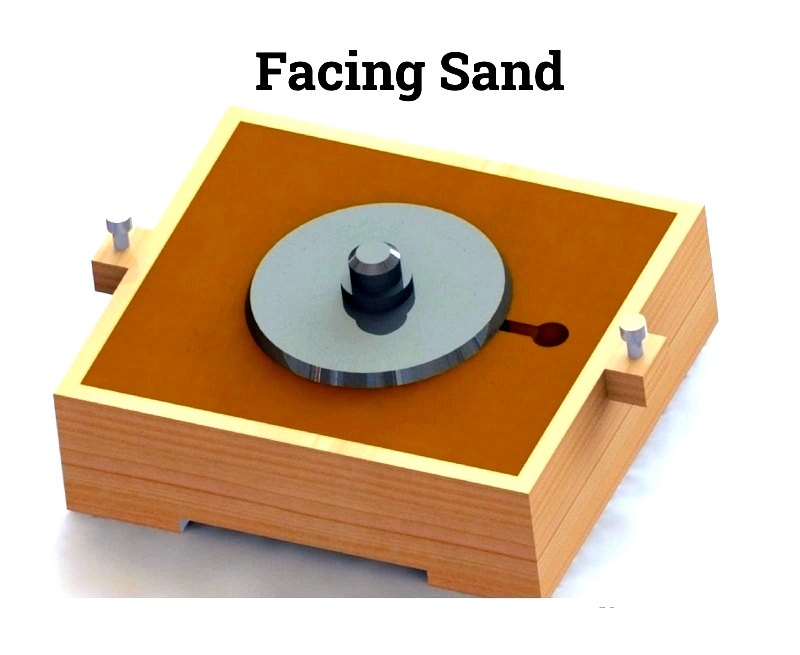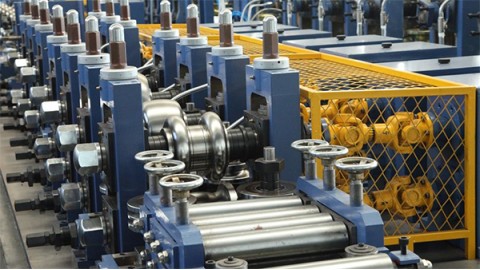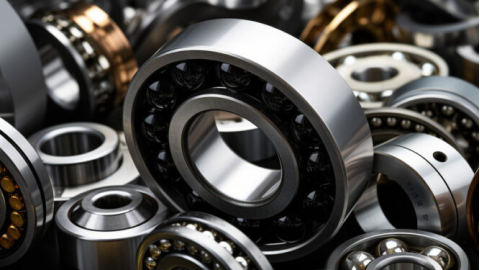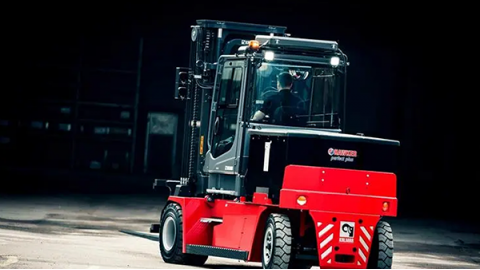Introduction
This article provides an in-depth exploration of sand casting.
Key topics covered include:
- Sand Casting: Construction and Methods
- Types of Casting Sand
- Applications and Advantages of Sand Casting
- And More...
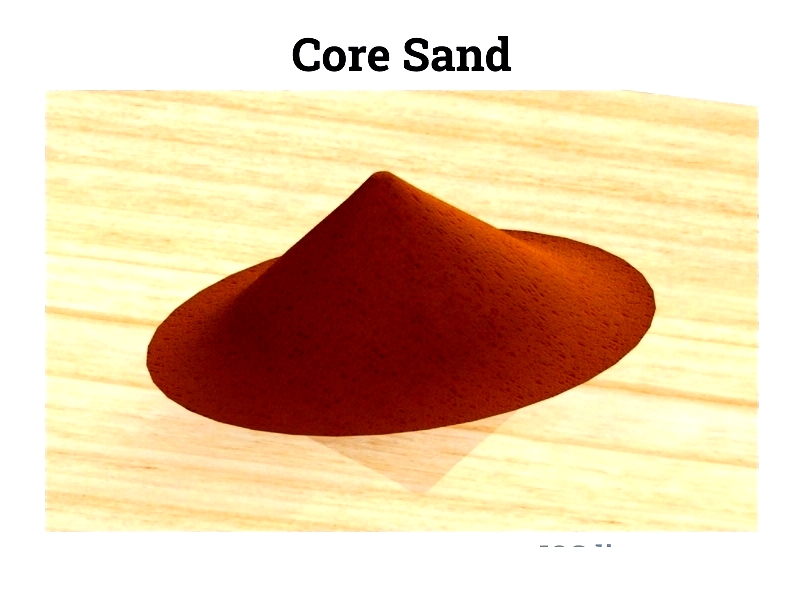
Chapter 1: Understanding the Construction and Techniques of Sand Casting
Dating back to around 1000 BCE, sand casting stands as one of the oldest metal casting methods. Advances in process control, materials, and design have reduced defects and enhanced versatility, making it the most widely used casting technique in modern industry.
Understanding Sand Casting
Sand casting involves pouring molten metal into a sand mold shaped to the desired form. After cooling, the sand mold is broken away. This method works with various materials including metals, concrete, epoxy, plaster, and clay.
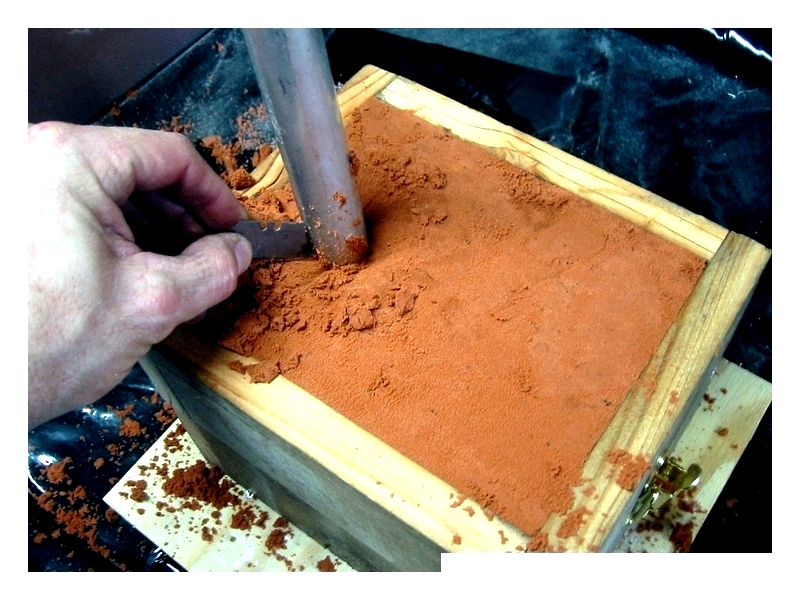 Sand Casting
Sand Casting
Casting refers to the process where liquid material fills a mold cavity. Sand casting excels in producing diverse sizes and complex shapes using various metals. Its use of sand molds significantly reduces costs compared to metal mold casting.
Sand choice depends on reusability. Green sand allows mold reuse, while dry sand is typically discarded after use.
Sand casting handles high-melting-point metals like titanium and steel, making it valuable for aerospace and automotive industries requiring cost-effective small-batch production.
Core Components of a Sand Casting Mold
A sand casting mold consists of four main components:
base Sand
base sand forms the mold's foundation, often mixed with binders for cohesion. Common types include:
- Silica sand
- Olivine sand
- Chromite sand
- Zircon sand
- Chamotte sand
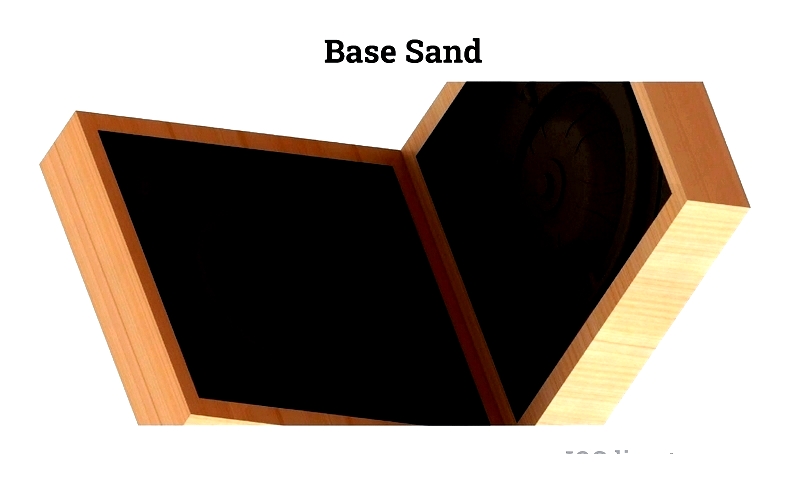
Binders
Binders hold sand particles together. Common types:
- Clay and water
- Oil
- Resin
- Sodium silicate
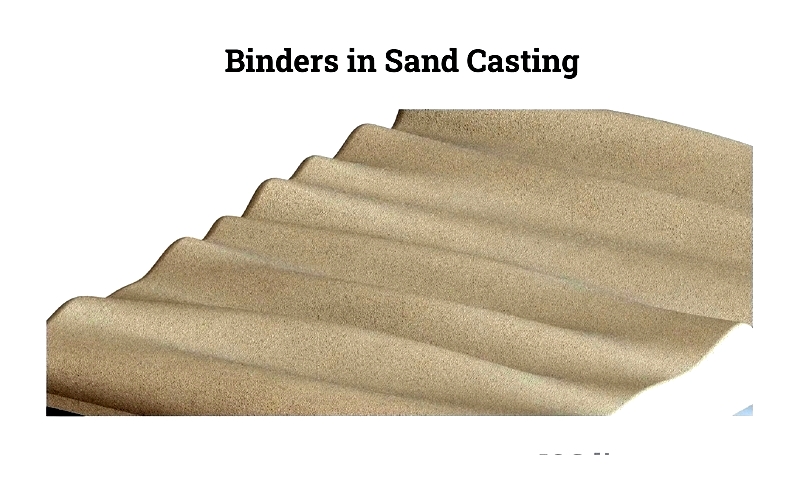
Additives
Additives improve mold properties like surface finish and heat resistance.
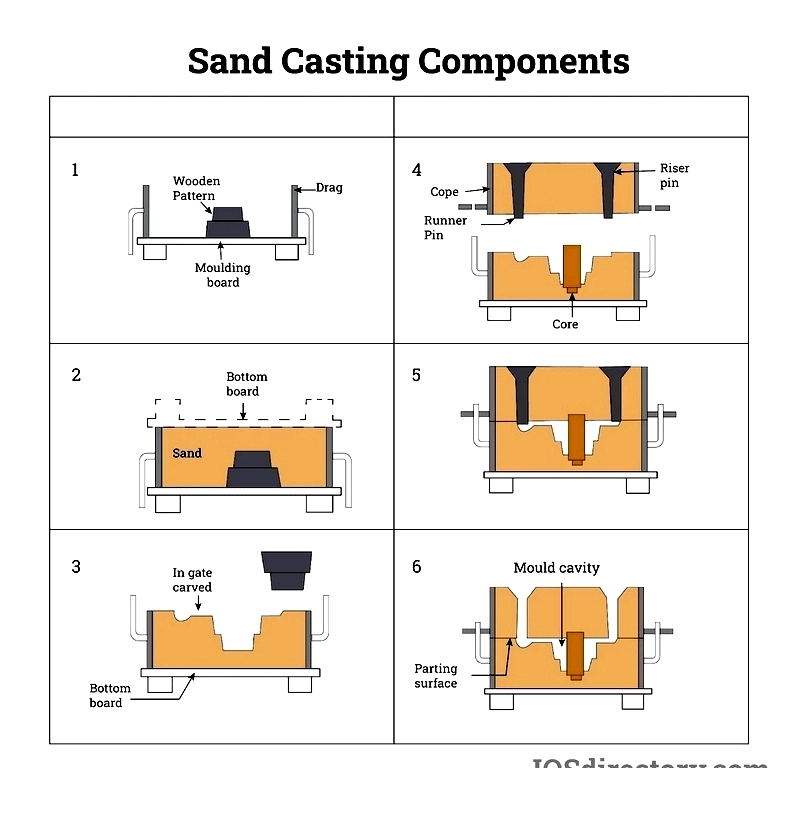
Parting Compounds
Parting compounds facilitate pattern removal from the mold.
Sand Casting Methods
Originating in China around 1600 BCE, sand casting gained prominence in the 20th century for precision parts. Today, about 70% of metal castings worldwide use sand casting.
Bedding-In Method
This approach creates firm cylindrical molds by compacting sand around the pattern.
False Cope Method
This process forms solid cylindrical molds with careful sand compaction.
Flat Back Method
Forms mold cavities on either drag or cope sides for consistent pouring.
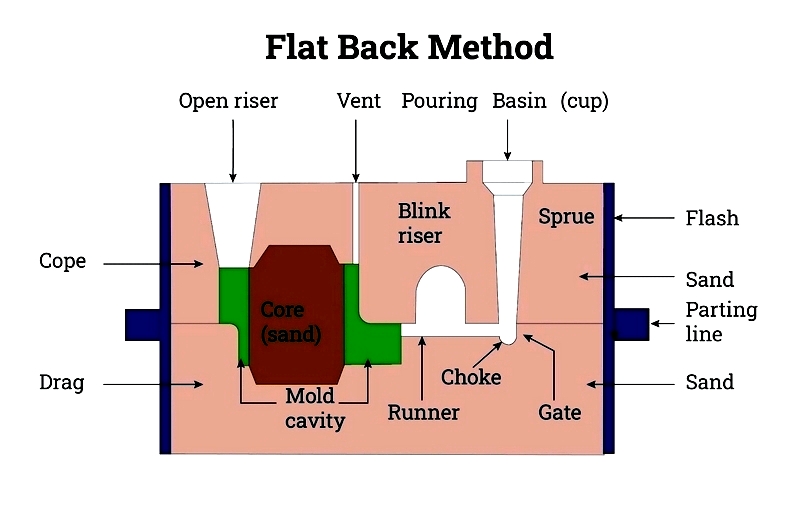
Skin Dried Method
Uses a dried sand layer for smooth finishes, ideal for aerospace components.
Water Glass Method
CO2 solidifies sodium silicate-mixed sand for economical complex casting.
Vacuum Method
Uses vacuum techniques for precision casting with minimal defects.
Shell Method
Resin-coated sand achieves high accuracy for mass production.
The Sand Casting Process
Key stages include:
Pattern Design
Creates reusable patterns accounting for shrinkage and machining needs.
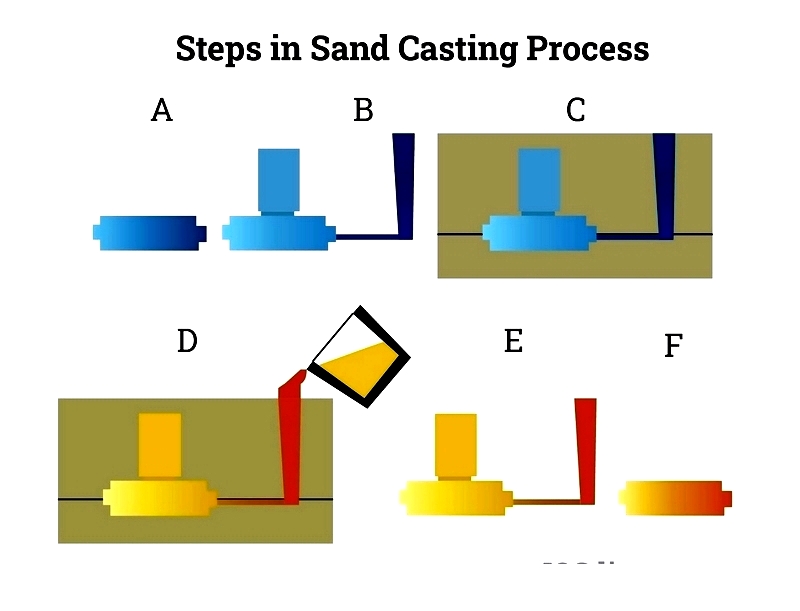
Pattern Creation
Includes channels for metal flow, made from various materials.
Core Making
Forms internal features requiring strength and permeability.
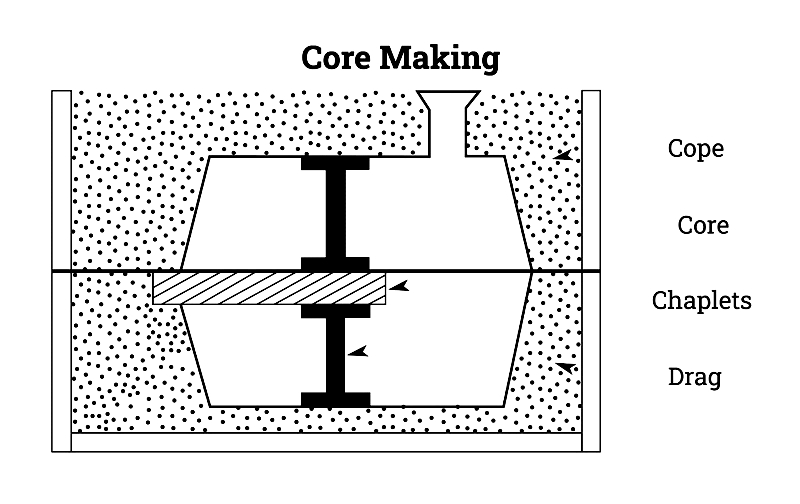
Mold Creation
Uses refractory materials to withstand pouring temperatures.
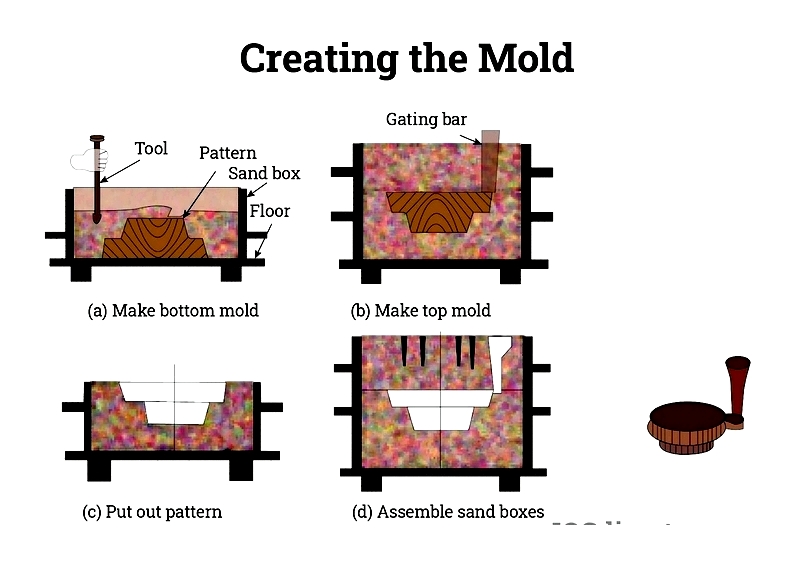
metal Pouring
Careful pouring ensures proper flow and minimizes defects.
Shakeout
Separates casting from mold, reclaiming sand for reuse.
Finishing
Removes excess material and verifies quality standards.
Chapter 2: Leading Sand Casting Machine Manufacturers
Top manufacturers produce advanced sand casting machines for precision and efficiency. Below are five leading brands in the U.S. and Canada.
Hunter Foundry Machinery
HLM Series Molding Machines
Features high-speed, high-pressure molding with energy-efficient operation.
Sinto America
FBO Flaskless Molding Machine
Automated flaskless design reduces labor costs with user-friendly controls.
DISA Group
DISAMATIC C Line
High-speed vertical molding for large-volume production.
Roberts Sinto
FDNX Series
Versatile flaskless machines for various alloys and applications.
Palmer Manufacturing
No-Bake Shakeout System
Efficient sand reclamation with adjustable processing.
Consider molding method, cycle time, and automation when selecting equipment.
Chapter 3: Types of Casting Sand
Sand casting accommodates various metals, making it popular across industries.
Green Sand
Moist sand mixture for cost-effective high-volume production.
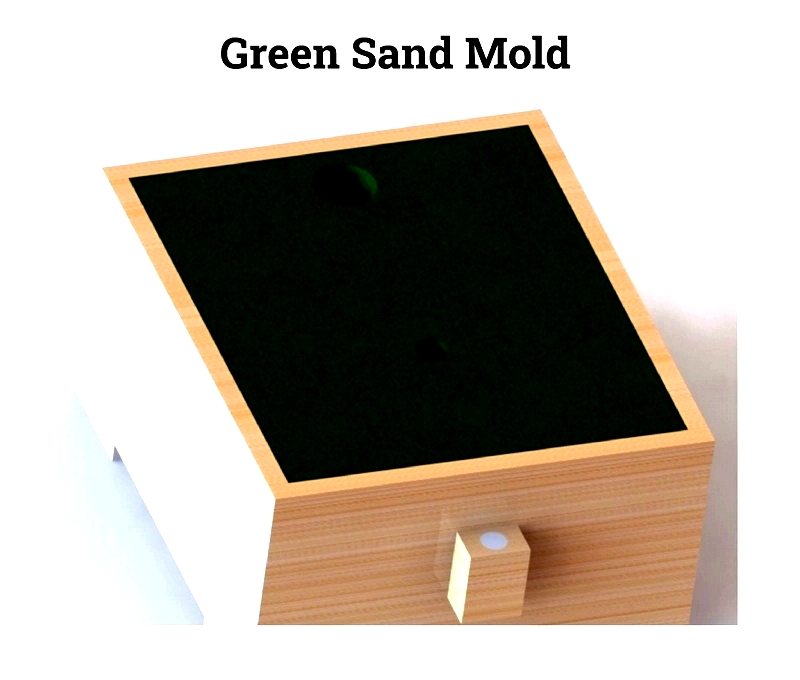
Dry Sand
Baked molds for improved precision and surface finish.
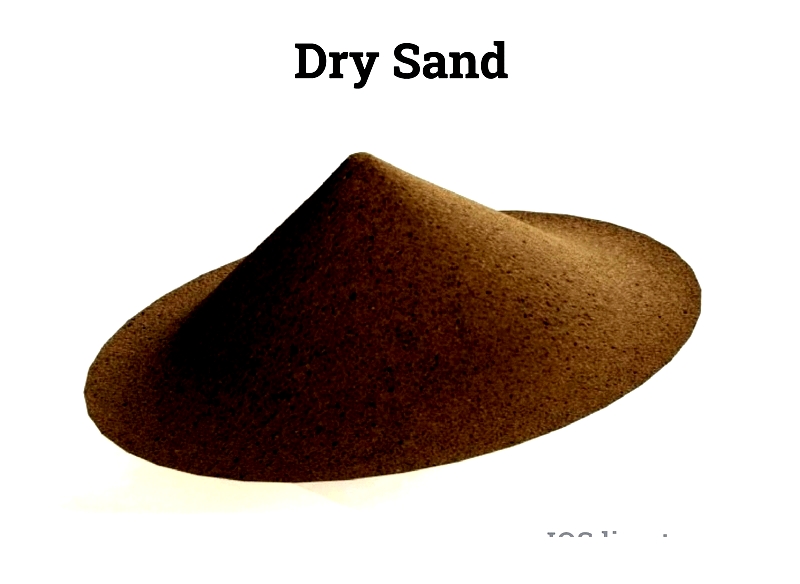
Facing Sand
High-quality sand for mold surfaces in contact with metal.
